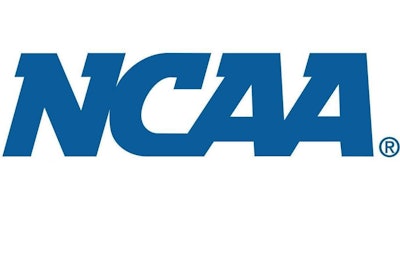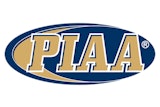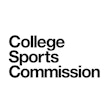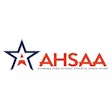
The Division I Council this week approved a one-year waiver of the annual signing limit and initial scholarship limits in football to allow schools to replace up to seven scholarship student-athletes who leave school after the first term.
Both the Football Bowl and Football Championship subdivisions approved the waiver.
Council members acknowledged the solution was temporary but necessary; a more permanent solution will be considered in the coming months.
The waiver addresses concerns about potentially high numbers of college athletes transferring after all student-athletes were given the opportunity to compete immediately after transferring for the first time. It will apply at the end of the first term (students who depart on or after the earlier of the last day of the school's fall term or Dec. 15, 2021, which is the first day of the early National Letter of Intent signing period).
The waiver was recommended by the Football Oversight Committee, chaired by Sandy Barbour, athletics director at Penn State.
"We believe schools should have temporary flexibility to help address possible roster depletion due totransfers," Barbour said. "This one-year waiver enables schools to properly utilize their scholarship limitations."
The waiver is effective immediately for the 2022-23 academic year only. The overall scholarship limit remains at 85 for the FBS and FCS. And, in the FCS, the limit of 63 scholarship equivalencies also remains in place.
Legislation
The Council adopted multiple pieces of legislation delayed due to the COVID-19 pandemic, including:
- The rule requiring graduate assistants in football to have received their degree or exhausted their eligibility within seven years was adjusted to exempt time spent as a professional football player.
- In women's volleyball, individuals who have begun classes in the seventh grade or higher are considered prospective student-athletes for purposes of legislation related to tryouts and camps and clinics.
- Academic misconduct legislation was clarified and reorganized.
Additionally, members extended to all sports the emergency legislation adopted for basketball and FBS football in August 2020. The legislation addresses the following items, many already allowed by Division I rules:
- Computers, science equipment, musical instruments and other tangible items not included in the cost-of-attendance calculation but related to the pursuit of academic studies.
- Post-eligibility scholarships to complete undergraduate or graduate degrees at any school.
- Scholarships to attend vocational school.
- Tutoring.
- Expenses related to studying abroad that are not included in the cost-of-attendance calculation.
- Paid, post-eligibility internships.
Schools and conferences also may provide an academic or graduation award or incentive that has a value up to the maximum value of awards an individual student-athlete could receive in an academic year in participation, championship or special achievement awards (combined).
The limit on academic incentive payments mirrors an order entered by the U.S. District Court's order setting the annual maximum at $5,980. The injunction permits these benefits but does not require schools to offer them. The injunction also allows a conference to set its own limit if it chooses to do so.
Updates
The Council also received updates on the gender equity review, including last week's decisions regarding the March Madness brand and the potential for combined Final Fours. The second phase of the gender equity review will examine sports other than basketball.
Several members of the Council, including Council chair and West Virginia Athletics Director Shane Lyons, serve on the Constitution Committee, and those members provided their colleagues with an update of that group's work, including the results of the membership survey available online.




































